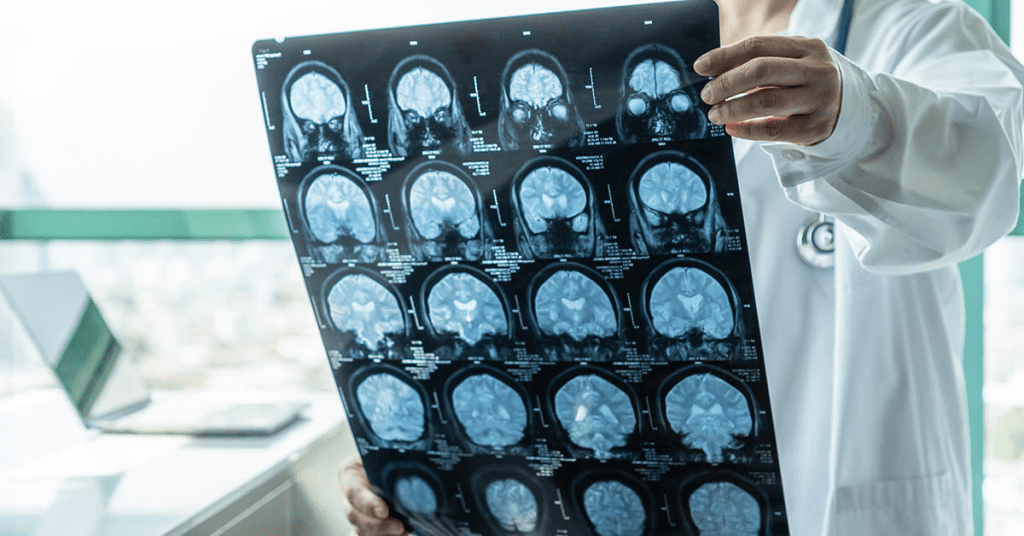When it comes to maintaining a healthy lifestyle, we often focus on physical fitness and nutrition, but there’s a critical aspect of well-being that many overlook—brain health. According to Dr. Kim Johnson Hatchett, a neurologist, one of the scariest things she regularly observes is how people neglect physical activity, particularly strength training, and the alarming impact this can have on their brain. In this article, we’ll delve into what Dr. Hatchett reveals as one of the most dangerous habits people are adopting, which could lead to lasting cognitive damage.

Muscle Weakness: A Silent Brain Killer
The Connection Between Muscles and the Brain
Dr. Hatchett emphasizes that muscle weakness isn’t just a physical issue—it’s deeply connected to brain function. Many of her patients come to her with complaints about mobility issues or a lack of physical strength, but they rarely consider how this could be affecting their cognitive health. “People don’t realize that neglecting muscle movement deprives the brain of nerve growth factor (NGF),” she explains. NGF is a critical peptide that supports the health of neurons and myelin, both of which are essential for maintaining cognitive function.
Without regular movement, particularly strength training, the brain doesn’t receive the same stimulation it needs to maintain these functions. As a result, the risk of cognitive decline and diseases such as dementia increases significantly. This silent connection between muscle weakness and brain health is one of the scariest trends Dr. Hatchett sees in modern society.
The Inactivity Epidemic
How Modern Lifestyles Are Harming Brain Health
In today’s fast-paced world, many people find themselves leading sedentary lifestyles, often prioritizing work, social media, or binge-watching TV over physical activity. The demands of modern life, especially for individuals in their 30s and 40s, often push exercise to the back burner. But this lack of movement has serious consequences for brain health, according to Dr. Hatchett.
“Even a little bit of daily movement reduces your dementia risk,” Dr. Hatchett warns. She explains that skipping workouts not only affects physical health but also has severe implications for cognitive well-being later in life. The longer people stay inactive, the more they risk long-term damage to their brain function.
The Brain’s Response to Exercise
How Physical Activity Boosts Cognitive Function
One of the key ways that exercise helps the brain is by improving blood flow. Every time you engage in physical activity, especially cardio and strength training, the brain receives increased blood flow, which helps boost cognitive function and overall mental clarity. This increased blood circulation delivers more oxygen and nutrients to the brain, supporting neuronal health and brain plasticity.

